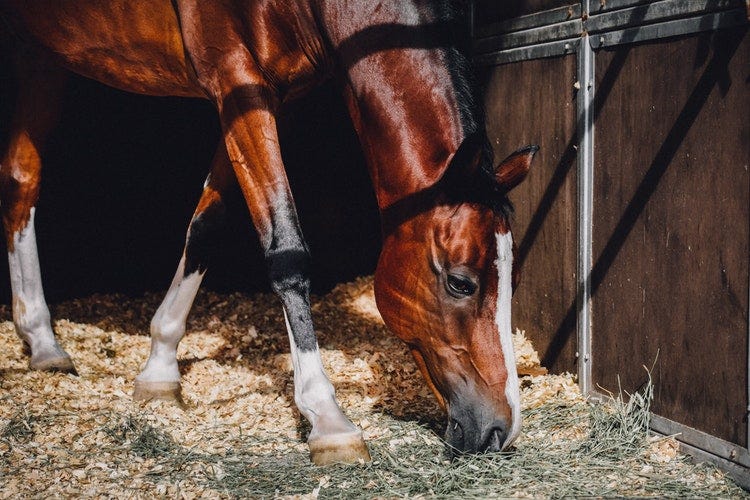We use cookies to make your experience better. To comply with the new e-Privacy directive, we need to ask for your consent to set the cookies. Learn more
Identifying Tapeworms in Horses
Posted:
17 Jul 2012
Tapeworms - be warned - difficult to locate through tests!
Not much is known about tapeworms in horses. Generally, they cause only mild symptoms and can be considered as a least significant threat to the equine industry. However, complications may also result from tapeworm infestations especially if they are left untreated. Since it is difficult to test for the presence of tapeworms, it helps if you watch out for common signs that may indicate that your horse has tapeworms.
You can suspect tapeworm infestations with the following tips:
- Check your horse’s weight more frequently. Although it has been established that tapeworms are not as destructive as other equine parasites, they can interfere with weight gain. This is most true for horses that are previously malnourished. If your underweight horse does not seem to gain weight even if you have increased grain feeding, worms may be present.
- Keep track of the number of instances your horse had colic in the past year. Tapeworms in horses interfere with digestion; they cause abdominal distension and bloating which produce colic symptoms. A horse that experiences colic more frequently than usual could be infected.
- Monitor your horse’s energy level for a couple of weeks or more. If your horse appears to be lethargic and is hesitant to engage in physical activity, tapeworms can be present. Your horse’s level of activity is diminished due to lack of vital nutrients as tapeworms can compete for their absorption.
- Examine your horse’s stool pattern. If your horse has tapeworms, he will more likely go down with mild diarrhea, intermittent - yet not a severe case. Loose stool or diarrhea may indicate that the digestive system and its processes have been compromised.
- Examine your horse’s hair coat. A horse that harbors significant tapeworm population will have a dull hair coat that does not grow in time for winter and does not respond to treatment shampoos.
Important Things to Keep in Mind:
- Tapeworms are not notorious equine parasites and may cause no symptoms at all if properly controlled.
- The best agent to target tapeworms is one that contains ivermectin praziquantel combination– AbIver Plus™.
- Tapeworms in horses are accidentally ingested through mites that have eaten the worm’s larvae. This is how tapeworms find their way to the horse.
- You may need to put your tapeworm-infested horse in quarantine until the infestation has been properly controlled.









Validate your login